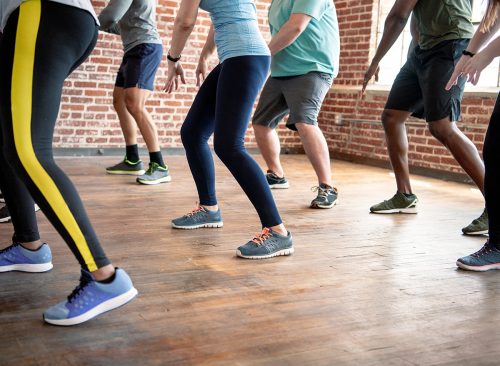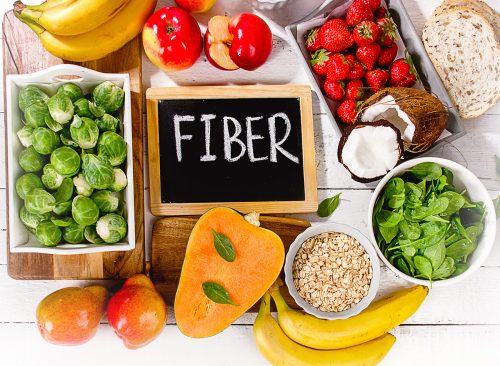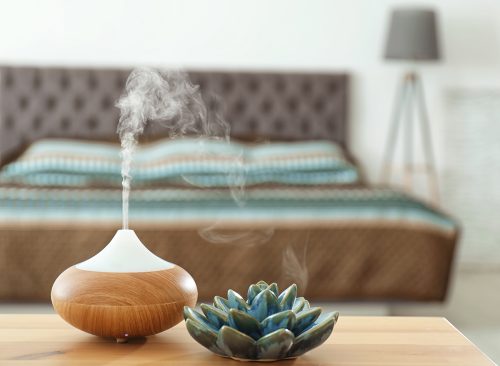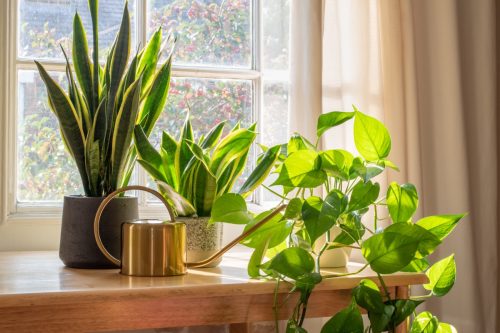9 Proven Ways to Boost Your Immune System Against Winter Infections
Here’s how not to get sick.

When fall is in the air, a few common priorities become clear for many: How can we obtain (or avoid) more pumpkin-flavored products, and what can we do to keep from getting sick while we’re doing it? The answer to the latter is that there’s more than a thing or two you can do to strengthen your immune system to protect against winter infections like the flu, COVID, and RSV. There are nine solid, science-backed ways to boost your immunity.

“Exercising regularly at a moderate level seems to be best for your immune response. It helps your white blood cells circulate and perform better, and there seems to be a positive effect on those cells that kill viruses—they work a little better,” Sheena Cruickshank, immunologist and professor at the University of Manchester, told the Telegraph. “Research suggests you have a much-reduced risk of developing upper respiratory tract infections when you regularly do something that gets your heart pumping for a sustained period of time.”

“Quality sleep profoundly influences our immune system’s ability to combat colds and infections,” said Dr. Guy Meadows, co-founder of Sleep School. “A study involving 160 healthy individuals revealed that those who slept less than seven hours were nearly 4.5 times more likely to contract a common cold.” During sleep, the immune system refreshes and recharges while toxins are cleared. Experts recommend seven to nine hours of quality rest each night.

Back in the day, vitamin C was pushed as an immune booster that could shorten colds, but “vitamin D is more important,” said Cruickshank. ”There’s evidence that if you take vitamin D supplements, you may handle a cold slightly better.” She added: “Vitamin D has been linked to the function of our lymphocytes [white blood cells that attack invading viruses, bacteria, and toxins]. And it’s one vitamin that many of us are lacking, particularly in the winter months.”

The food we eat has the single most significant impact on our immune system, said Cruickshank. “We’re also learning more and more about the important role metabolism plays in helping our immune system function properly. Her advice: “Being sensible about how much sugar and fat we consume is advisable.”

A University of Florida study found that eight days of intense meditation robustly activated participants’ immune systems. But you don’t have to sign up for an Andean getaway to realize the benefits of mindfulness and relaxation. “Start turning your screens off at 8 p.m.,” suggested Cruickshank. “Or find just 10 minutes to take a mindful walk or do a little bit of yoga.”

Foods that are rich in fiber—such as fruits, vegetables, and whole grains—also contain natural plant chemicals (known as polyphenols) that reduce immunity-compromising inflammation throughout the body. A 2011 study found that adults who ate at least three servings of fruit per day had fewer upper respiratory tract infections than those who didn’t, the Telegraph reports.

“Not only do 70% of your immune cells live in your gut, but your gut microbiome is critical in training and developing your immune system, so looking after its collection of friendly gut bacteria can help support your immune system to function at its best,” said registered dietitian Dr. Emily Leeming of King’s College London. The #1 recommendation here: Eat more fiber. It’s your healthy gut bugs’ favorite food. Encouragingly, gut health can improve quickly. “Your gut microbiome can rapidly change within 24 to 48 hours in response to what you eat, likely giving us a rapid health boost,” said Leeming.

“The inside of your nose, throat, and gut also have cell linings that make antimicrobial agents. Your nose hairs help trap particulates too,” said Cruickshank. All need moisture to work properly. The dry indoor air of the winter months can work against that. Opening a window or using a humidifier in your bedroom or living room can help.

Air pollution can also damage some of those protective linings in our body that guard against invaders. “Some pollutants also seem to affect the function of some of our white blood cells, a type called macrophage, which try to gobble up infectious agents,” said Cruickshank. “House plants can be quite effective in trapping some of the pollutants.” Air purifiers with HEPA filters are also effective at eliminating indoor pollutants, and affordable gadgets like Amazon’s Smart Air Quality Monitor can give you a heads-up when the air around you contains elements you shouldn’t be breathing.














